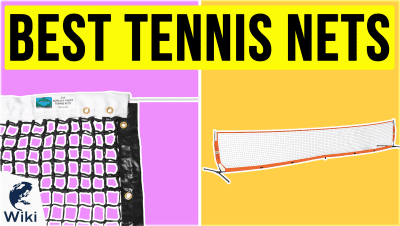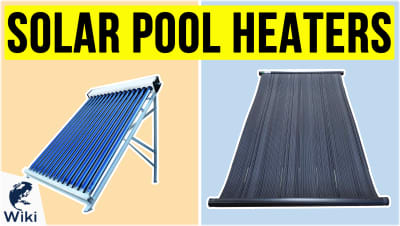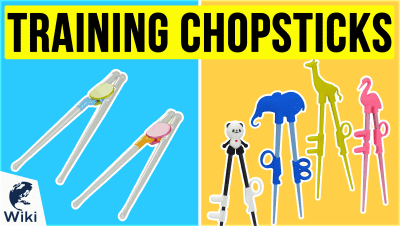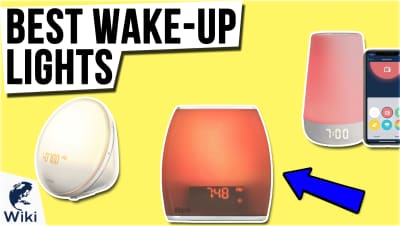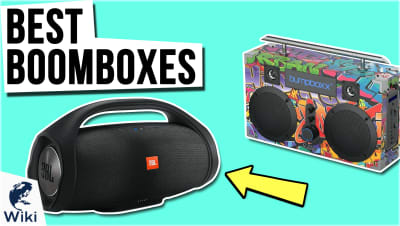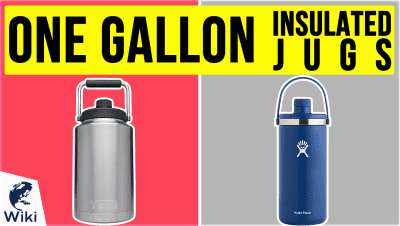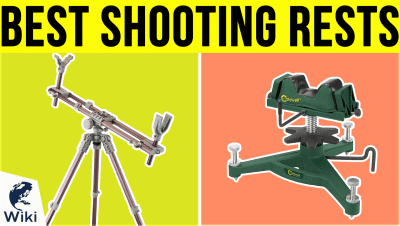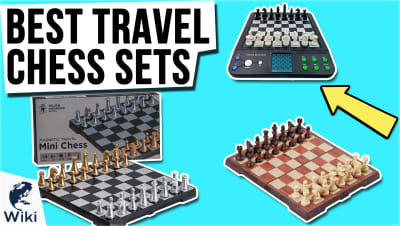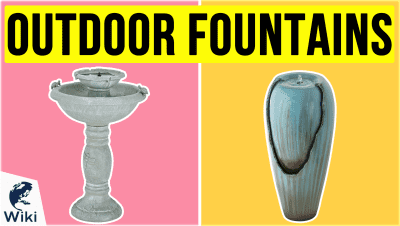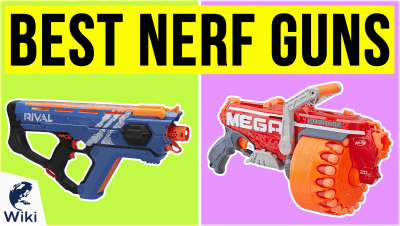The Unofficial ForkDelta Wiki
The explosion of ERC20 tokens had led to a number of competing forums for trading on the Ethereum blockchain. ForkDelta boats more ERC20 tokens than any other site, and has a simple interface that is quickly attracting users. We'll explain the full process of trading Ethereum tokens and the advantages of using ForkDelta. If you'd like more information on trading crypto collectibles, check out this guide to how to claim a Factbar. This video was made with Ezvid Wikimaker.
Can I Trade CryptoKitties On ForkDelta?
You don't need to go through ForkDelta when trading crypto collectibles like CryptoKitties, Ether Shrimp Farm, or Factbar. These sites have their own smart contracts, so assets can be traded among users without an exchange. There are websites like Rare Bits that are trying to become a hub for collectors of these items, but they generally list collectibles, not fungible tokens. To learn more about these unique assets, try this article explaining crypto collectibles.
ERC20 Tokens Explained
Can I Get My Token Listed On ForkDelta?
Anyone can request that a token be listed. You can read up on the procedure for making a request, which involves providing the necessary addresses, a short description, and proof of the token's validity through outside sources such as articles written about it. Listings are completely free, so there is no preference given to larger companies other than the fact that they are more likely to have already gotten some press.
Differences Between ForkDelta and EtherDelta
In Depth
ForkDelta is a decentralized trading platform that allows users to trade Ether and Ethereum-based tokens directly with other users. It provides an open source interface that connects to EtherDelta's smart contract, and lists more ERC20 tokens than any other exchange. If all that was confusing, don't worry. Let's break down exactly what all those fancy terms mean.
Cryptocurrency comes in a variety of forms. You're probably familiar with Bitcoin, and possibly Ethereum, another popular cryptocurrency that relies on blockchain technology. The use of a decentralized ledger allows users to prove their ownership of certain assets because it's all tracked through the blockchain.
In addition to Bitcoin, there are many other coins, as well as digital assets called crypto collectibles. The game CryptoKitties set the Internet on fire for a time when cute online kittens were being sold for as much as $110,000, and millions of dollars worth of cryptocurrency was exchanged. Besides games, there are assets like Factbar, online representations of facts that are researched and verified so their owners can use the brand as a seal of approval online. These are different, and we'll explain how later.
These are different, and we'll explain how later.
Different types of "Coins" are created for a variety of reasons. Often companies will issue an "I.C.O.," where they sell tokens that represent a stake in their company, or use those tokens as currency to participate in that company's business. There are a limited supply of these tokens, so their value may go up as the company grows. These companies don't want to have to create their own blockchain, so they piggyback on Ethereum's blockchain. You use Ether to buy and sell their coins.
Trades are processed through a "Smart contract." A user has to pay "gas" in Ethereum, and the smart contracts operate on Ethereum's blockchain. No person is verifying your transaction; it's all done through the smart contract.
It used to be very wild west in terms of how these smart contracts worked. Eventually, ERC20 was created, which is a standard for their design. It specifies six functions for tokens that make it easier to implement their contracts. Most digital wallets that support Ether will likely also support these tokens.
It specifies six functions for tokens that make it easier to implement their contracts.
In order to trade tokens and Ether, you have to go through an exchange. These exchanges are known as "Dapps," and they are listed on sites like DappRadar, which shows you how many users an exchange has. The more users, the better, since that means more people who can buy what you're selling.
Tokens like REP and GNT are similar to Bitcoin, or to physical currencies like dollars and Euro, in that they are fungible, meaning each one is the same. If you have two Bitcoins, and you plan to sell one, it doesn't matter which one you sell because they are worth the same amount. But some assets are unique, or non-fungible.
To handle unique assets, ERC721 was created. This is a standard for smart contracts dealing in digital assets that are not all the same. For example, if you own a Factbar, you are the only person who can own that Factbar at one time. So every Factbar has its own unique value. Highly-desirable Factbars are therefore worth a lot of money.
For example, if you own a Factbar, you are the only person who can own that Factbar at one time.
This led to a lot of games like Cryptocountries, where players trade these unique assets for fun and might pay a surprising amount for rare items. Because all CryptoKitties or Factbars are not equal, they aren't put on exchanges. Instead, each website acts as its own exchange, or dapp. You'll notice on DappRadar that many of the dapps listed are games. But for those who want to trade fungible tokens, they have to go on a site like ForkDelta.
ForkDelta sprang out of EtherDelta, which was a popular exchange. However, after many issues, including some hacks, the creators of ForkDelta were unhappy with where EtherDelta was going. So they "Forked" it, which essentially means adding onto it and turning it into something new. ForkDelta has more ERC20 tokens than any other exchange, which makes it very attractive for those working in lesser-known currencies.
You can import your Ethereum wallet to ForkDelta without providing any personal information. However, if you use Coinbase, you may have to create a new account. You must deposit Ethereum onto the exchange before making trades, but the gas cost comes out of the Ethereum at your address, not the money you've deposited. This may be a bit annoying for those used to just using MetaMask to make trades on dapps without additional steps.
This may be a bit annoying for those used to just using MetaMask to make trades on dapps without additional steps.
You can either create a new order, specifying the amount and your price and waiting for someone to take it, or you can choose an order that's already listed. ForkDelta plans to charge zero fees for the trades taking place. However, they currently do not have their own smart contract. This means that they are still piggybacking on EtherDelta's smart contract, and therefore a small fee is collected that goes to EtherDelta.
It will be nice when ForkDelta can write their own smart contract to fully break from EtherDelta. But for now, it's got a simple interface that those new to Ethereum can understand quickly, and an incredible number of tokens. But keep in mind that if you are trading unique assets, you don't have to go through an exchange like this. You also need to remember to withdraw the coins you've purchased to deposit them into your Ethereum wallet.
The market for coins is still young, so it's unclear which exchange will win out and become the standard in the industry. Until then, it's wise to keep an eye on the dapps available so you can make the best choice. ForkDelta certainly has a leg up because of their number of tokens and popularity among users.


